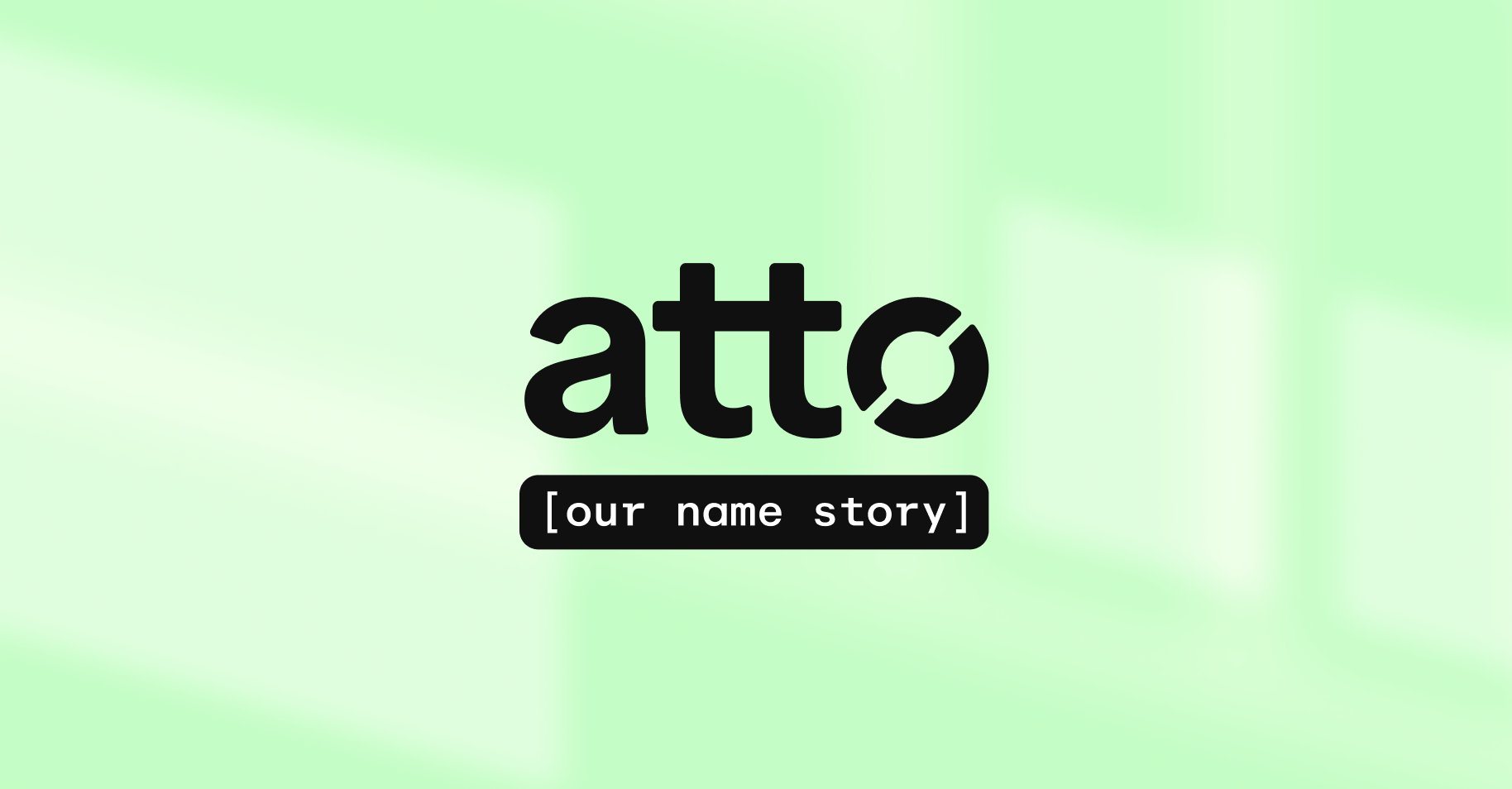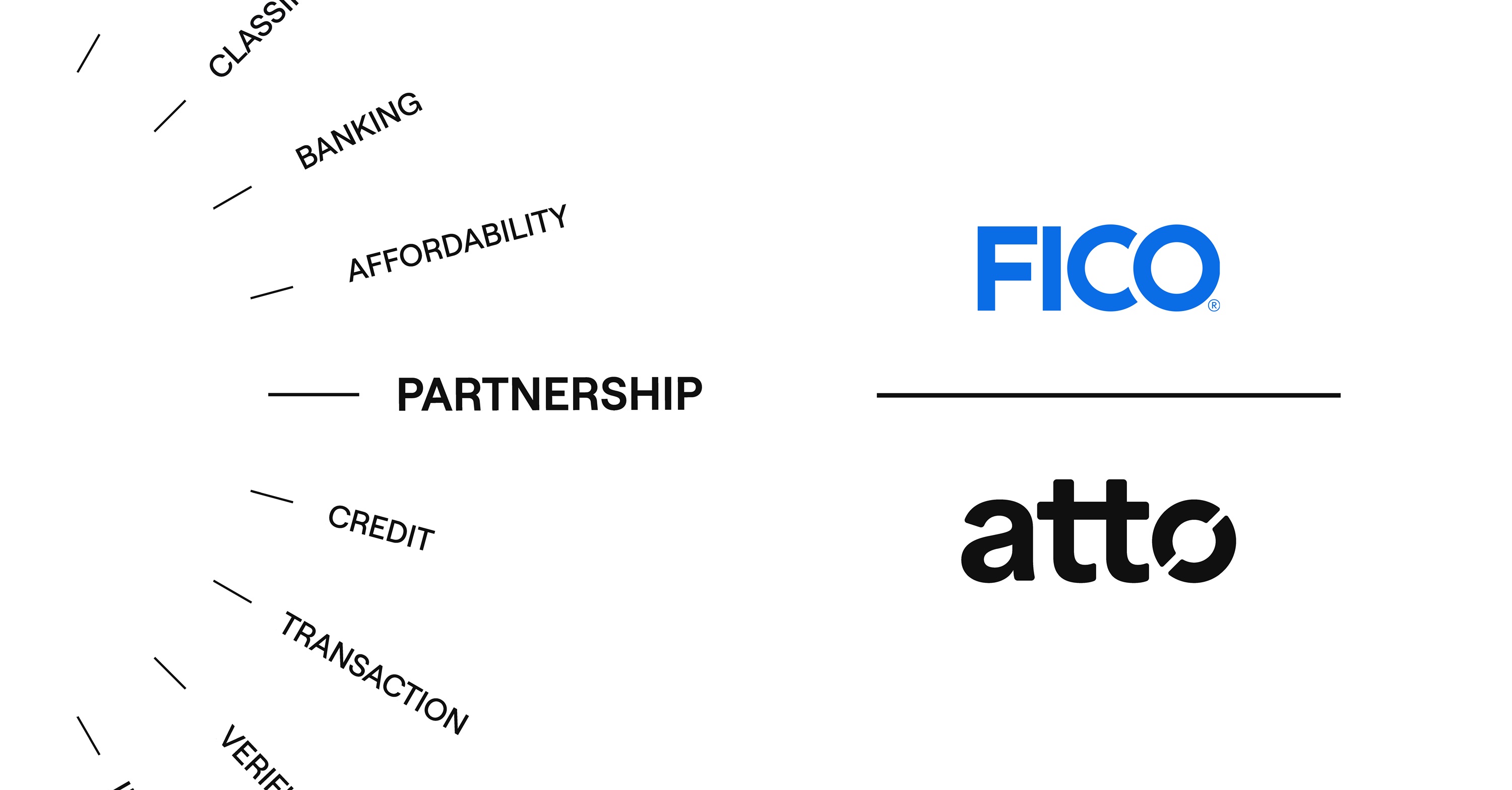Welcome to the Frictionless Finance Report, our monthly look at everything new in the world of Open Banking, FinTech, and consumer experience. If you’d like to receive this in your inbox, fill in the form at the bottom of the page. This month we examine how FinTech is making a real difference in the coronavirus crisis, government bail-outs for small firms, and the impact of digital bank statements in a lending decision.
Open Banking
There is to be little doubt that the acceleration of coronavirus across the globe has piqued interest in all things FinTech, and particularly in Open Banking. The capabilities that Open banking brings with it, both on behalf of consumers and the business world are immense.
As consumers are confined to their homes, and company employees are made to work from home, there is an immediate and obvious disconnect between the two. For companies in the financial sector, this has enormous ramifications.
While we are keen to talk about the solution, and not the pandemic, we are therefore dedicating a large chunk of this month’s newsletter to the solutions being developed by the FinTech community, in partnership with the big banks.
Undoubtedly, as will examine, many of these solutions have been made possible because of Open Banking.
Indeed, as we’ll illustrate in the final section on news from Atto, we’ve done this our self, developing a solution to allow banks to view and use bank statement information to determine credit risk solutions.
In the interim, we’ve seen a rise in the volume of articles being shared predicting what might be forthcoming for the rest of 2020, or indeed what is likely to arise in 2021.
As business and individuals recognise what the “new normal” entails, a plethora of new articles describing new solutions are always likely to be right around the corner – with particular recognition given to what Open Banking solutions can bring to the market.
At the top of the list for this month is articles from pymnts.com, Verdict, Finance Derivative, and Roland Mesters on Medium.
Verdict have a write up on a new report from Globaldata on the top 20 predictions in banking and payments for 2020.
From the summary alone, we wonder that if the publication date had been delayed by a month from March to April, would one of their key findings have been different? They state that the uptake in Open Banking will remain slow for the next year. Given the change in circumstance, allied with the already significant increase in API volume, we predict that the conclusions on Open Banking in this report may not age well.
There has been not one, but two articles from pymnts.com that have caught our attention. In an interview with CEO of Yapily, Stefano Vaccino, they note the myriad use cases that Open Banking can influence, particularly around customer onboarding. More widely also, there is the opportunity for Open Banking to impact within the banking ecosystem, as pointed out in their second article. In the entire financial journey, there is scope within everything from mortgages, to payments, to silo reduction that can work to the benefit of both consumers and financial institutions.
Rightly pointing out that creditworthines, personal finance and customer onboarding would be key areas in which Open Banking can impact over the next 12 months, Roland Mesters of Nordigen give us his predictions for the future on Medium. Interestingly, he also agrees that the current coronavius crisis will drive further use of Open Banking, writing:
So, what needs to happen today is that banks need to become digitally first ASAP. They need to be able to serve clients that are in need of affordable financing in a manner that is safe for everyone and cost efficient.
And this is where open banking can really help. It allows you to automate your customer onboarding screening and risk assessment without your customers needing to leave their home; they can prove their credit worthiness by typing in their bank credentials.
In a similar vein, Finance Derivative describe how Open Banking can put consumers at the forefront of a “revolution in consumer financial services”. The article focuses on how collaboration and a new attitude of “opening up” will see banks thrive into the future. The role that APIs and Open Banking can play within this is at the very epicentre of this revolution.
Best of the rest in Open Banking
- How will Open Banking play out within the rental and mortgage sector? PropertyWire discuss.
- Can Open Banking reduce pain points for rental agents? Estate Agent Today certainly think so.
- Ismail Chaib discusses how Open Banking can help promote financial inclusion on LinkedIn.
Open Banking Abroad
News from across the globe has slowed dramatically as the epidemic dominates headlines and the agendas of policy makers across the globe. This month we bring you the news that Australia plans to stick to its July 1st date for the introduction of Open Banking and news of Open Banking being a strong part of Brazil’s FinTech offering.
📊Australia
Both the Financial Standard and Innovation Australia have covered the news that the country will maintain the summer date for the Consumer Data Rights, which incorporates Open Banking, to go live. The news was confirmed by Chair of the Australian Competition and Consumer Commission, Rod Sims during a virtual conference recently. He said:
Data can be readily assembled from different sources in ways not imaginable before. Post this crisis we will get the competition our financial sector needs.
📊Brazil
Reporting on the FinTech situation in the South American country, FinTech consultants, Hydrogen, have written a blog post. In it they report that the Brazilian Parliament is set to pass Open Banking regulations during the second half of 2020.
Finance
As the best laid plans of the sector are thrown into disarray as coronavirus shows no sign of abating in the UK, the Chancellor, Rishi Sunak has announced that almost £1.3 billion would be made available to help support UK startups.
The new funding comes with the provision that companies must already have raised a minimum of £250,000 in private funding, that any government loan be matched by private investment and should the stake not be repaid, then the government will take an ownership stake.
Speaking on the new funding, Sunak said:
This new, world-leading fund will mean they can access the capital they need at this difficult time, ensuring dynamic, fast-growing firms across all sectors will be able to continue to create new ideas and spread prosperity.
News via BBC, FT [paywall], Business Insider and FinTech Times
The virus has had impacts elsewhere also. Last week the FCA announced that it was considering a payment freeze for three months for customers with high-cost short term loans (HCSTC), pawnbroking and buy-now pay-later (BNPL), and motor finance agreements. The news comes as an increasing volume of Britains struggle to pay for essentials as the pandemic forces employers to close.
Christopher Woolard, interim Chief Executive at the FCA, said:
We have tailored our measures to specific products. For most of these proposals, firms and consumers should consider the amount of interest which may build up, and balance this against the need for immediate temporary support. If a payment freeze isn’t in the customer’s interests, firms should offer an alternative solution, potentially including the waiving of interest and charges or rescheduling the term of the loan.
Best of the rest in finance:
💥 The Financial Action Task Force (FATF), a multi-national body that counters money laundering has called for the use of digital IDs. This follows news that the FCA has told financial companies in the UK that customers can use selfies to ID themselves.
💥 Revolut is asking employees to help by buying shares in the company. Revolut employees can buy £2 worth of shares for every £1 of salary sacrifice. The company's top brass will also forgo their salaries for the next 12 months.

FinTech
We note that there is currently little to cheer in the news, and each of us, in our own way, are having to face individual tribulations on a daily basis.
The response of the FinTech community to the global pandemic, is perhaps, one chink of light, in an otherwise bleak time. As firms have been forced to shutter and employees have been furloughed or made redundant, the need for loans and grants has rocketed. While the Treasury has put together emergency measures to help many sections of society, banks are still under enormous pressure to assist their current customer base.
And it is at this point, tht Fintech firms have stepped up to the plate to help banks and lenders either get cash to the right places faster, or to help streamline their resource management to help them in their decision making.
Here, we round up some examples that have caught our eye, from Forbes, Fintech Times, the FT [paywall], CB Insights and AltFi.
✅ A comprehensive round up of all the UK FinTech offerings can be found in the FinTech Times and AltFi.
✅ Innovate Finance have been campaigning on behalf of the industry. Their pandemic resource centre can be found on their website.
✅ For an American perspective, Jeff Kauflin rounds it up in Forbes.
✅ P2P companies have been accepted by the Government to dispense some of the emergency funding. The FT discusses Funding Circle which is one such example.
✅ CB Insights has all the data on what the coronavirus means for the financial health of FinTechs.
✅ A new report from Finch Capital, and reported in Finextra, suggests that while the next two quarters will be very challenging for FinTech’s, banks becoming more digital will be beneficial to them.
Digital Currencies
Over the last month, there has, beyond the role of FinTech during these difficult times, been lengthy discussions on the role of digital currencies in this new world.
Revolut has backed digital currencies as a potential safe haven against possible inflation, as it has made crypto available to all 7m members. Revolut had plans to extend crypto options to its members later this year, but has accelerated these plans due to the huge volume of money being printed and distributed by central governments.
Separately a new report from the Economist Intelligence Unit (EIU) has claimed that cryptocurrencies such as Bitcoin will receive a major boost as a result of coronavirus.

This news comes on the back of the news that the digital coin from Facebook, Libra is to be significantly scaled back in its ambitions. It was proposed as a digital coin at launch, using a basket of currencies for stability. Now, it is to be payment network, in which coins will be tied to an individual’s local currency.
The Libra Association state in their press release:
The Association has made changes to its initial approach, many of which depart from the approaches taken by other blockchain projects. The Association’s goal was never to emulate other systems, but rather to leverage the innovative approach of using distributed governance through Association Members and distributed technology to create an open and trustworthy system. By undertaking the difficult work of enhancing traditional financial systems to become programmable, interoperable, and upgradeable, we hope to allow others to leverage our efforts to build innovative but also safe and compliant financial applications that can serve everyone.
News via New York Times [paywall], Morning Brew, FT [paywall] and press release from the Libra Association.
Atto News
Our series of 2020 webinars continues to go from strength to strength. On the last day of March, we were delighted to welcome our Credit Risk expert, Chris O‘Driscoll to discuss how Open Banking has forever changed how credit risk is viewed, and how the Atto platform can revolutionise the way that lending decisions are made.
💻 You can watch the webinar again on the Atto website.
On April 22nd, we are similarly delighted to be working with one of our strategic partners, TargetB Group, on a new webinar.
Titled “Instigating a Mortgage Revolution: Customer Centric, Technology Enabled & Experience Driven”, we will be discussing with the mortgage experts at TargetB how Open Banking can overcome many of the challenges most commonly found in the mortgage process. These challenges include the length of time it takes to make a decision and the amount of paperwork required.
💻 More details on the webinar can be found on the Atto website.

This week, our CEO, James Varga, responding to the situation around the current pandemic put pen to paper and submitted his thoughts to Bobsguide on the lowest barrier to entry for financial institutions on using bank data. His conclusion – the simple digitisation of bank statements can reduce operational costs, and save banks time and resource in their decision making. He writes:
What is required is the ability to provide this information, replete with insight of what this data represents. It is only by understanding income, affordability, gambling, loan stacking, creditworthiness and more that comprehensive credit risk decisions can be made, and the data becomes truly of value.
That’s all for this week. As ever, do let us know any thoughts or comments. We’re available through our social channels and on email – frictionlessfinance@theidco.com.
Stay safe, stay home.




